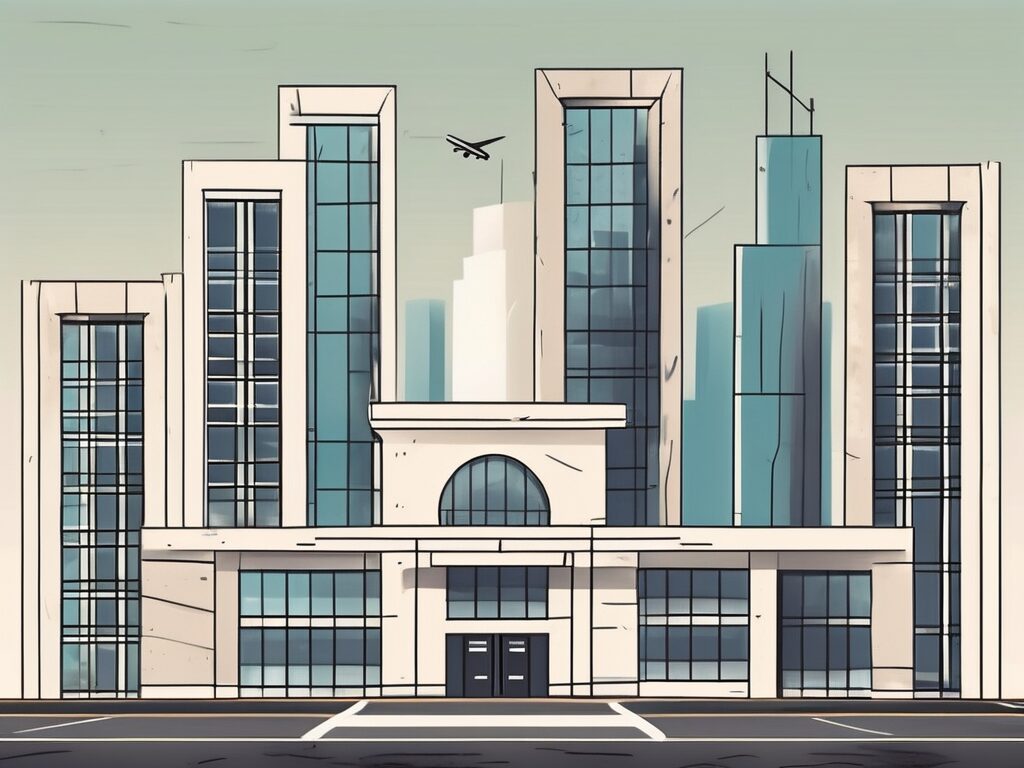The city of Dubai, a bustling metropolis in the United Arab Emirates, is a melting pot of cultures, languages, and people from all walks of life. Among the city’s diverse population, a significant number are migrant families, who face unique challenges in accessing quality education for their children. This article delves into the four key challenges that educators with a Master’s in Education may encounter when striving to provide education access for migrant kids in Dubai.
1. Language Barriers
One of the most significant barriers to education for migrant children in Dubai is the language barrier. With English being the medium of instruction in most schools, children from non-English speaking backgrounds often struggle to keep up with their peers.
For educators with a Master’s in Education, this presents a unique challenge. They must not only teach the curriculum but also help these children overcome the language barrier. This is akin to trying to build a house on a shaky foundation; without a solid grasp of the language, the children may struggle to understand the material being taught.
Moreover, this language barrier can also lead to social isolation, as children may find it difficult to communicate with their peers. This can further hinder their academic progress and overall development.
Strategies to Overcome Language Barriers
One effective strategy to overcome language barriers is the implementation of English as a Second Language (ESL) programmes. These programmes can provide migrant children with the necessary language skills to succeed in an English-medium school.
Another strategy is the use of visual aids and hands-on activities in teaching. These methods can help children understand concepts better, even if their language skills are not yet fully developed.
2. Cultural Differences
Another challenge that educators face when teaching migrant children in Dubai is the cultural differences. Migrant children come from a wide range of cultural backgrounds, each with its own unique set of values, traditions, and ways of learning.
For educators, this means they must be culturally sensitive and adapt their teaching methods to cater to these diverse learning styles. This is similar to a chef who must adjust his recipes to cater to the different dietary preferences of his customers.
Moreover, cultural differences can also lead to misunderstandings and conflicts in the classroom. Therefore, educators must also play the role of mediators, helping to resolve any cultural misunderstandings and promoting a culture of respect and understanding among students.
Strategies to Overcome Cultural Differences
One effective strategy to overcome cultural differences is the implementation of multicultural education. This approach encourages the recognition and appreciation of different cultures, promoting a more inclusive and respectful learning environment.
Another strategy is the use of culturally responsive teaching methods. This involves adapting teaching methods to cater to the diverse learning styles of students, ensuring that all students can learn effectively.
3. Socioeconomic Challenges
Many migrant families in Dubai face socioeconomic challenges, which can significantly impact their children’s access to education. These challenges can range from financial difficulties to lack of access to resources such as books, computers, and internet access.
For educators, this means they must find ways to provide quality education to these children, despite the limited resources. This is akin to a gardener who must find ways to grow plants in a desert; it’s a challenging task, but not impossible with the right strategies and resources.
Moreover, these socioeconomic challenges can also lead to stress and anxiety among children, which can further hinder their academic progress.
Strategies to Overcome Socioeconomic Challenges
One effective strategy to overcome socioeconomic challenges is the provision of financial aid and scholarships. These can help alleviate the financial burden on migrant families and ensure that their children can access quality education.
Another strategy is the use of community resources. This can involve partnering with local libraries, community centres, and other organisations to provide resources and support for migrant children.
4. Legal and Policy Barriers
Finally, legal and policy barriers can also hinder migrant children’s access to education in Dubai. These can range from immigration policies to school admission policies.
For educators, this means they must navigate these complex legal and policy landscapes to ensure that migrant children can access education. This is similar to a sailor who must navigate through stormy seas; it’s a challenging journey, but with the right knowledge and skills, it’s possible to reach the destination.
Moreover, these legal and policy barriers can also lead to feelings of insecurity and uncertainty among migrant children, which can further hinder their academic progress.
Strategies to Overcome Legal and Policy Barriers
One effective strategy to overcome legal and policy barriers is advocacy. Educators can advocate for more inclusive and equitable education policies, ensuring that all children, regardless of their immigration status, can access quality education.
Another strategy is the provision of legal support and advice. This can involve partnering with legal organisations to provide migrant families with the necessary legal advice and support.
In conclusion, while the challenges of providing education access for migrant kids in Dubai are significant, they are not insurmountable. With the right strategies and resources, educators with a Master’s in Education can help these children overcome these challenges and succeed in their academic journey.
Empower Your Teaching Career with The IQTS at UWE
As an educator passionate about breaking down the barriers to education for migrant kids in Dubai, you understand the need for quality professional development. The International Qualified Teacher Status (iQTS) programme at UWE is designed to equip teachers like you with the skills to make a real difference. With the iQTS, you can enhance your understanding of global education systems, connect with a wider professional community, and significantly improve your career prospects. Don’t let the challenges hold you back. Make Your Next Step towards a fulfilling international teaching career with the iQTS programme.

